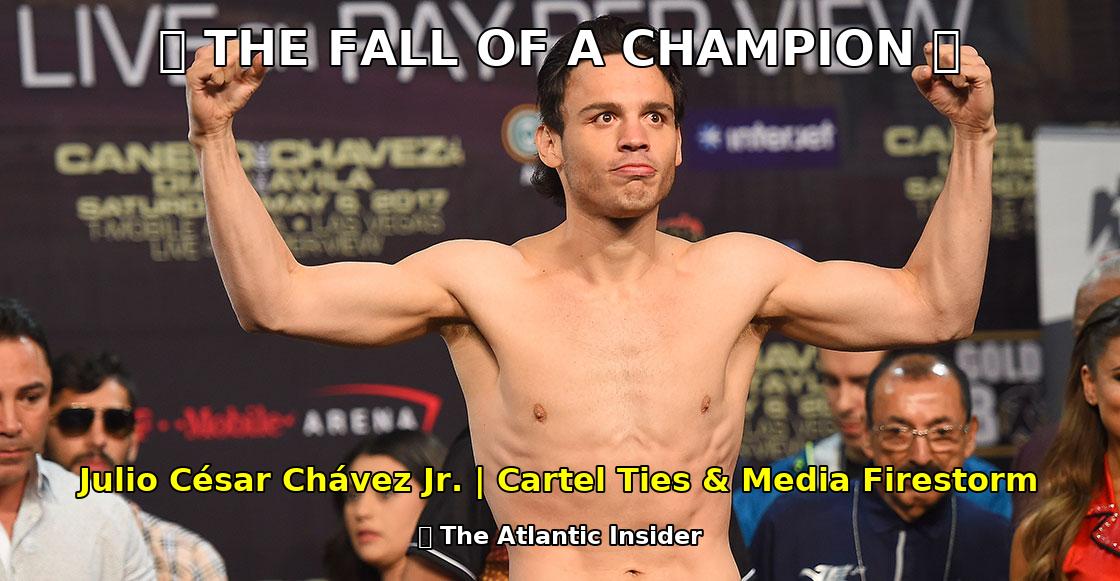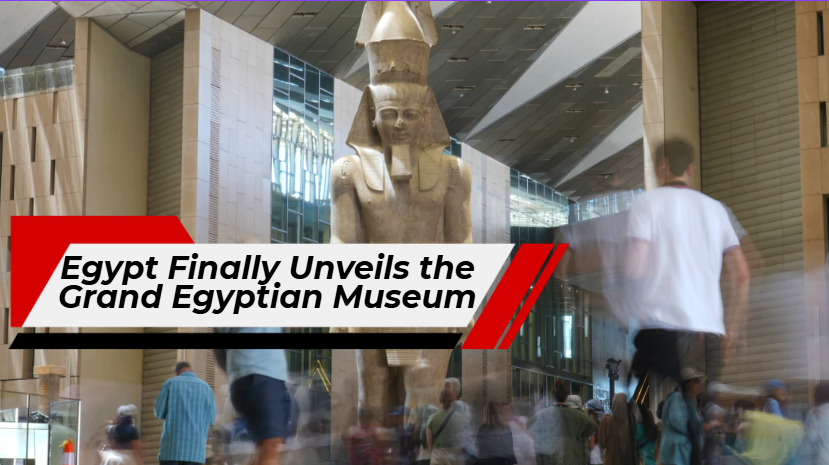Once a Legend’s Son, Now a Symbol of Scandal
Julio César Chávez Jr., the son of Mexico’s most revered boxing icon, now stands accused of crimes that have shaken both sides of the U.S.–Mexico border. Arrested by U.S. immigration authorities on July 2, 2025, in Studio City, California, Chávez Jr. faces extradition to Mexico to answer for charges tied to organized crime, including allegations that he served as an enforcer for the infamous Sinaloa Cartel.
According to Mexico’s Attorney General (FGR), Chávez Jr. was ordered by cartel leaders—namely Néstor Ernesto Pérez Salas, known as El Nini—to beat rival gang members who had been captured and suspended from ceilings “like punching bags.” Wiretap surveillance from late 2021 to mid‑2022 purportedly reveals direct instructions from cartel higher-ups to Chávez Jr., who allegedly complied without hesitation.
These revelations have horrified a public that once watched Chávez Jr. rise in his father's shadow with hope and pride.
Mexico’s Media Landscape Responds
While U.S. headlines focused on the boxer’s fall from grace, Mexican journalists have turned a sharper eye toward institutional silence and the unsettling power of the cartels.
On Aristegui en Vivo, veteran analysts Anabel Hernández and María Idalia Gómez questioned why President Claudia Sheinbaum's security cabinet has remained silent. “When a national figure like Chávez Jr. is accused of this level of criminality, and the state stays quiet—it’s not just suspicious, it’s dangerous,” Hernández said.
The FGR, led by Attorney General Alejandro Gertz Manero, confirmed that Chávez Jr. had been under legal scrutiny for over a year, with multiple warrants and requests made to U.S. authorities. He also noted that Chávez’s defense had filed several amparos (legal protections) to delay his return to Mexico—none of which have held up under legal review.
Sports Writers: From Idol to Infamy
Meanwhile, Mexican sports media has spared little sympathy. SoloBoxeo, a respected boxing publication, wrote a blistering editorial after the arrest:
“Chávez Jr. didn’t just squander his legacy—he weaponized it. He used the name his father built with blood, sweat, and tears as a mask for lawlessness.”
The same outlet, along with others like IZQUIERDZO and Esto, had already been critical of his antics in the ring and in public—missed weights, erratic interviews, and a bizarre social media presence. But this new chapter has transformed ridicule into outrage.
Where to Turn for Truth?
With the case evolving, Mexican citizens are relying on their nation’s most credible media outlets to unpack what’s real, what’s political, and what’s propaganda.
- Reforma and El Universal provide authoritative mainstream coverage, with well-sourced reports and legal updates.
- Proceso and Animal Político dive deeper into corruption and cartel infiltration of cultural figures and institutions.
- La Jornada offers broader political and societal reflections.
- Regional publications like Ríodoce (based in cartel-controlled Sinaloa) and Zeta (from Tijuana) are essential for cartel-specific context—often reporting with courage despite significant risk.
These newsrooms stand at the frontline of a battle between transparency and terror—one that too often claims the lives of journalists in Mexico, the most dangerous country in the world for reporters outside of active war zones.
A Family Legacy in Ruins
Perhaps the most tragic angle in this saga is what it means for the Chávez family. Julio César Chávez Sr.—once a national treasure—has expressed “shock and sadness” at the arrest but has stopped short of defending his son’s innocence.
The elder Chávez, who battled his own demons with addiction and fame, had tried for years to publicly rehabilitate his son's image. That effort now appears not only futile—but perhaps too late.
Final Bell or Opening Round?
The Chávez Jr. scandal touches on more than just a fallen athlete. It’s a story about the permeability of Mexico’s institutions, the power of the cartels, the weakness of political will, and the resilience of independent journalism.
As his case proceeds through U.S. immigration courts and edges closer to a full judicial reckoning in Mexico, the world watches to see:
Will justice be served? Or will another high-profile name vanish into the fog of cartel impunity?
%20(4).png)




.png)


.png)
